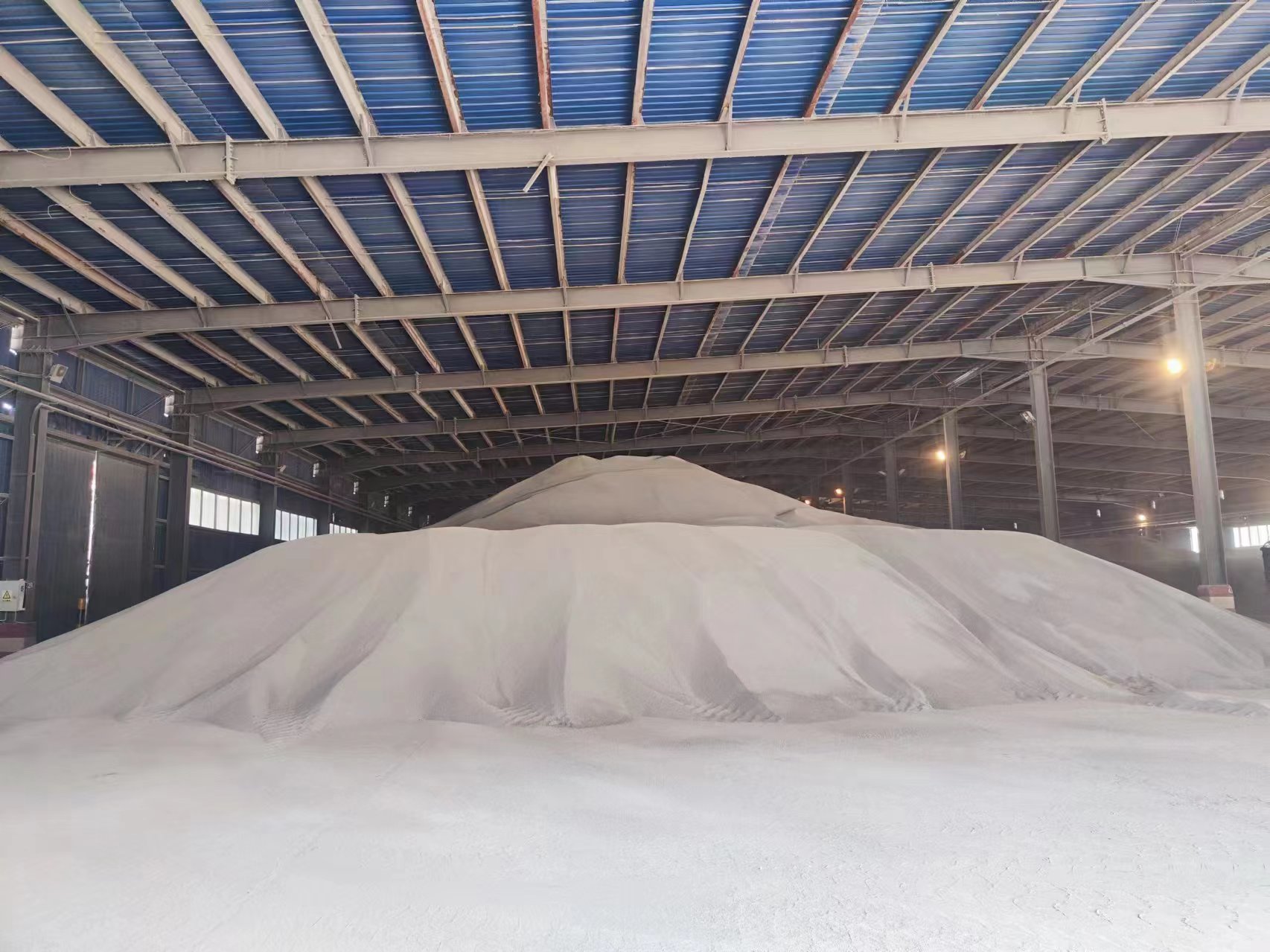Soil is one of the most critical components of agricultural systems. Healthy soil supports plant growth, retains moisture, and sustains biodiversity. Improving soil quality is essential for achieving sustainable agriculture and ensuring food security. In this article, we explore various techniques that can be implemented to enhance soil health and optimize agricultural productivity.
.jpg)
Crop rotation involves alternating the types of crops grown in a particular area over time. This practice helps to prevent soil depletion, reduce pest and disease cycles, and restore soil nutrients. By planting a diverse range of crops, farmers can maintain a balanced ecosystem and reduce reliance on chemical fertilizers.
Cover crops, such as clover and vetch, are planted during the off-season to protect and enrich the soil. They prevent soil erosion, enhance soil structure, and improve nutrient retention. Cover crops also contribute organic matter to the soil, promoting a thriving microbiome essential for nutrient cycling.
%20(2).jpg)
Effective nutrient management encourages the efficient use of fertilizers and organic amendments. Techniques such as soil testing, precision application, and the use of organic fertilizers help to optimize nutrient availability. This not only enhances crop yields but also minimizes environmental impacts.
Conservation tillage reduces soil disturbance and preserves soil structure. This practice helps to retain moisture, enhance soil organic matter, and minimize erosion. By leaving crop residues on the field, farmers can further improve soil quality and promote biodiversity.
.jpg)
Increasing soil organic matter is vital for soil health. Organic matter improves soil structure, water retention, and nutrient availability. Techniques such as adding compost, manure, or green manure can significantly enhance soil organic matter levels, supporting better crop performance.
Improving soil quality is an ongoing process that requires strategic planning and implementation of best practices. By adopting techniques such as crop rotation, cover cropping, nutrient management, conservation tillage, and enhancing soil organic matter, farmers can contribute to sustainable agricultural systems and ensure long-term productivity. These practices not only benefit individual farms but also the broader ecosystem and food supply chain.
